Are you thinking of adding a Kars breed dog to your family? If so, you are in for a treat! These dogs have a unique personality and are known for their loyalty, intelligence, and protective nature. Originally bred as herding dogs, the Kars breed has evolved into an ideal family pet. In this article, we will explore the characteristics of this breed, their temperament, and what it takes to care for them. By the end of this article, you will have a better understanding of whether a Kars breed dog is the right fit for you and your family.
Breed Category: Working
Country of Origin: Turkey
Average Size:70-80 cm
Average Weight:50-65 kg
Average Life Span: 12-15 years
Grooming Requirements: Moderate
Exercise Requirements:High
History and Origin
The Kars, also known as the Karabakh horse, is a breed of horse that originated in the Caucasus region, specifically in the Karabakh region of Azerbaijan. The breed is known for its strength, endurance, and agility, making it a popular choice for riding, racing, and military purposes.
The history of the Kars dates back to ancient times, with evidence of the breed being used by the Scythians, a nomadic people who inhabited the region around 700 BC. The Scythians were known for their horsemanship and used the Kars for transportation, hunting, and warfare.
Over time, the Kars became a popular breed among the various tribes and empires that ruled the Caucasus region, including the Persians, Mongols, and Ottomans. The breed was highly valued for its speed and endurance, and was often used for long-distance travel and military campaigns.
During the 19th century, the Kars was introduced to Europe, where it gained popularity as a racing and riding horse. The breed was also used by the Russian army during World War I, where it proved to be a valuable asset due to its strength and endurance.
However, the Kars faced a decline in the 20th century due to various factors, including the introduction of modern transportation and the Soviet Union’s focus on industrialization. The breed was also affected by the Nagorno-Karabakh conflict, which led to the displacement of many breeders and horses.
Despite these challenges, efforts have been made to preserve and promote the Kars breed. In 2004, the Azerbaijan Equestrian Federation established the Karabakh Horse Stud, which aims to breed and promote the Kars as a national treasure. The breed has also gained recognition from international organizations, such as the World Organization of the Horse Breeding Industry.
Today, the Kars remains a symbol of the Caucasus region’s rich equestrian heritage and is valued for its beauty, strength, and endurance. The breed continues to be used for riding, racing, and cultural events, and efforts are being made to ensure its survival for future generations.
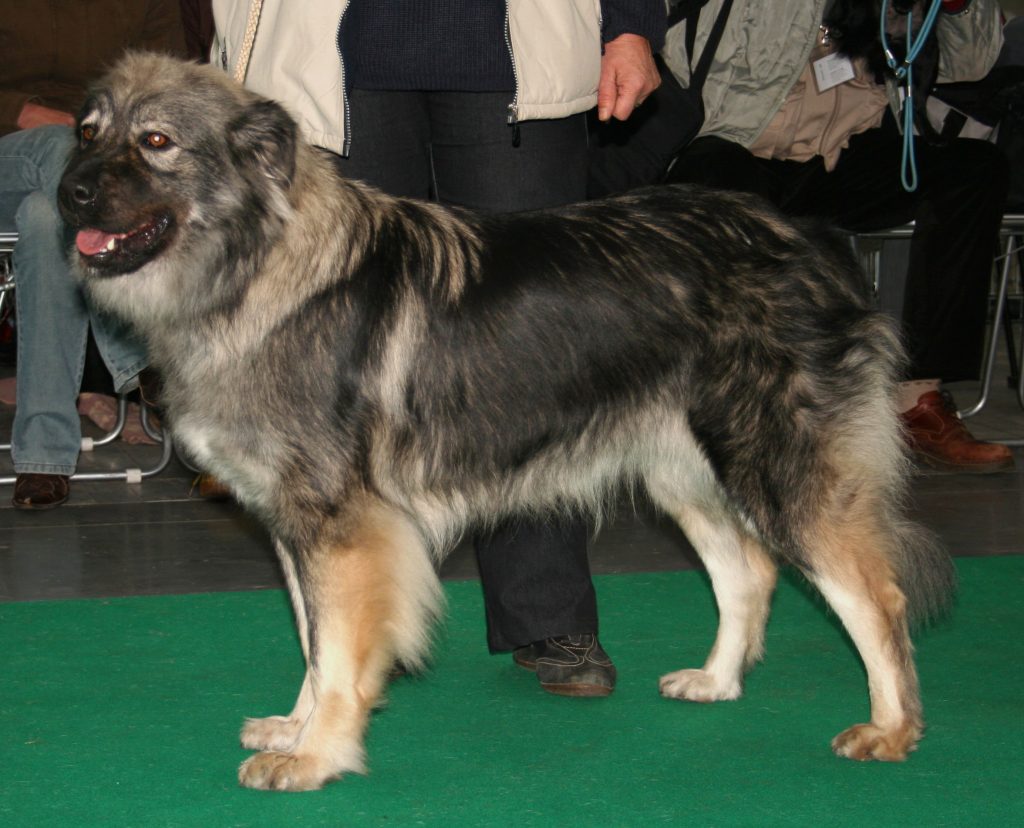
Size and Breed Category
The Kars is a breed of dog that originated in Turkey. They are a medium-sized breed, typically weighing between 20-30 kilograms. Kars dogs have a muscular build and a thick, double coat that provides insulation in cold weather. Their coat can be either short or long, and comes in a variety of colours including white, black, and grey. Kars dogs have a broad head with a strong jaw, and their ears are typically erect. They are known for their loyalty and protective nature, making them excellent guard dogs.
The Kars is classified as a working breed, and is often used for herding and guarding livestock. They are also used by the Turkish military and police for search and rescue operations. Kars dogs are highly intelligent and trainable, but can be stubborn at times. They require regular exercise and mental stimulation to prevent boredom and destructive behaviour. Due to their protective nature, Kars dogs require early socialisation and training to ensure they are well-behaved around strangers and other animals. Overall, the Kars is a versatile and loyal breed that makes an excellent companion for those who are willing to put in the time and effort to properly train and care for them.
Fur Length and Colour
The fur of the Kars is typically long and dense, providing excellent insulation against the cold. The length of the fur can vary slightly depending on the individual, but it generally ranges from 5 to 10 centimeters. The texture of the fur is soft and silky, making it pleasant to the touch. The color of the fur can also vary, with shades ranging from light beige to dark brown. Some Kars have a distinctive black stripe running down their back, while others have a more uniform coloration. Overall, the fur of the Kars is an important adaptation that allows them to survive in their cold and harsh environment.
The color of the Kars’ fur is an important aspect of their appearance and can vary depending on the season. During the winter months, the fur tends to be thicker and lighter in color, providing better camouflage against the snow. In the summer, the fur becomes thinner and darker, allowing the Kars to blend in better with their surroundings. The fur also has a slight sheen to it, which can make it appear almost iridescent in certain lighting conditions. Overall, the color of the Kars’ fur is an important adaptation that allows them to remain hidden from predators and prey alike.
Termperament and Trainability
Kars are known for their lively and energetic temperament. They are highly active dogs that require plenty of exercise and mental stimulation to keep them happy and healthy. Kars are also very social animals and thrive on human interaction. They are affectionate and loyal to their owners, and enjoy spending time with their families. However, Kars can be quite independent and stubborn at times, which can make training a challenge. They require a firm and consistent approach to training, and respond best to positive reinforcement techniques. With patience and persistence, Kars can be trained to be well-behaved and obedient companions.
In terms of trainability, Kars are intelligent dogs that are quick to learn new things. They have a natural curiosity and love to explore their surroundings, which can make training more interesting and engaging for them. However, Kars can also be easily distracted, especially when there are other dogs or animals around. It is important to keep training sessions short and focused, and to provide plenty of positive reinforcement for good behaviour. Kars respond well to reward-based training methods, such as clicker training or treat-based training. With the right approach, Kars can be trained to perform a variety of tasks, including obedience, agility, and even search and rescue work.
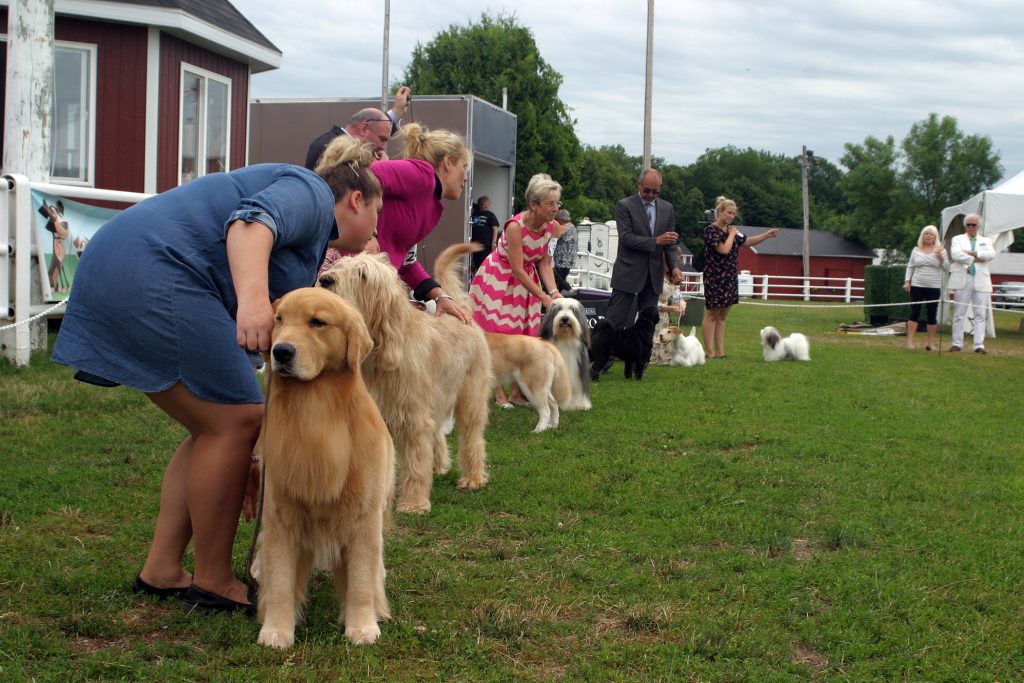
Known Health Conditions
Kars are known to suffer from a variety of health conditions, including respiratory issues, skin problems, and digestive disorders. Due to their small size, they are particularly susceptible to respiratory problems such as asthma and bronchitis. These conditions can be exacerbated by exposure to pollutants and allergens, which can be difficult to avoid in urban environments. Additionally, Kars are prone to skin irritations and infections, which can be caused by a variety of factors including poor diet, stress, and exposure to harsh chemicals. Finally, digestive disorders such as irritable bowel syndrome and inflammatory bowel disease are also common among Kars, and can be caused by a variety of factors including stress, diet, and genetics.
In addition to these common health conditions, Kars are also at risk for a number of more serious illnesses. For example, they are prone to developing diabetes, which can be caused by a combination of genetic and environmental factors. Additionally, Kars are at risk for heart disease, which can be caused by a variety of factors including high blood pressure, high cholesterol, and obesity. Finally, Kars are also at risk for certain types of cancer, particularly those affecting the skin and digestive system. While these conditions can be serious, they can often be managed with proper care and treatment.
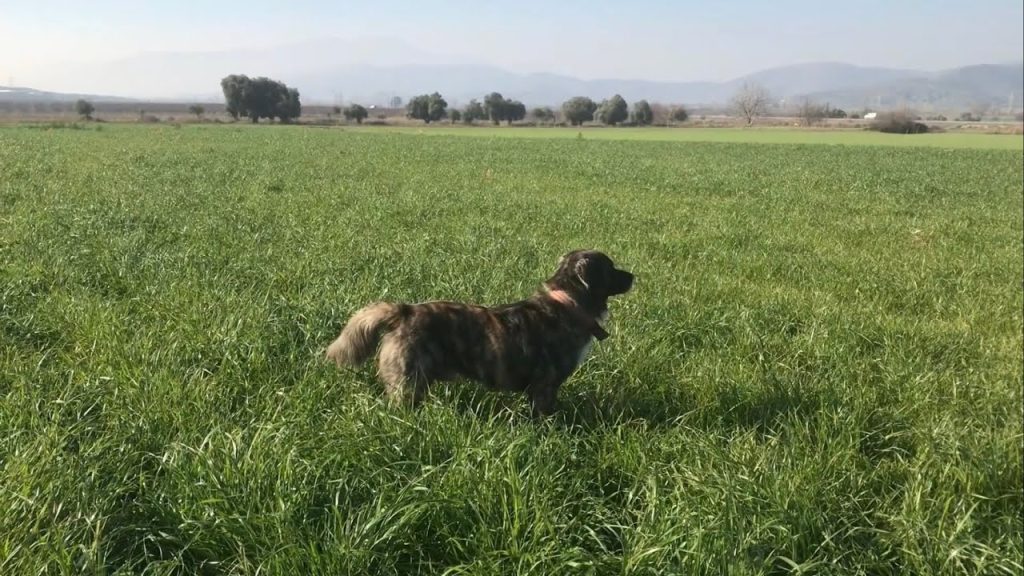
Openness to Strangers
Kars have a reputation for being friendly towards strangers. They are known to approach new people with a wagging tail and a curious demeanor. This openness to strangers is a trait that is highly valued by their owners, as it makes them excellent family pets and companions. Kars are also known to be very loyal to their owners, and will often follow them around the house or garden. They are intelligent dogs that are quick to learn new commands, and are eager to please their owners. Kars are also known for their playful nature, and enjoy playing with toys and other dogs. Overall, Kars are a great choice for families looking for a friendly and loyal pet.
In addition to their friendly nature, Kars are also known for their calm and gentle temperament. They are not easily agitated, and are able to remain calm in stressful situations. This makes them a great choice for families with young children, as they are unlikely to become aggressive or territorial. Kars are also known for their high energy levels, and require regular exercise to keep them healthy and happy. They enjoy going for walks and runs, and are also great at playing fetch and other games. Overall, Kars are a great choice for families looking for a friendly and active pet that is easy to train and care for.
Playfulness Level
The Kars, also known as the Turkish Shepherd Dog, is a highly energetic and playful breed. They are known for their love of play and their ability to keep themselves entertained for hours on end. Whether it’s chasing after a ball or playing tug-of-war with their owner, the Kars is always up for a good game. They are also known for their love of water and will often jump into any body of water they come across, whether it’s a pond, lake or river. This playful nature makes them a great companion for families with children or active individuals who enjoy spending time outdoors.
Despite their playful nature, the Kars is also a highly intelligent breed. They are quick learners and enjoy being challenged with new games and activities. This intelligence also makes them highly adaptable to different environments and situations, making them a great choice for families who enjoy travelling or living in different locations. However, their high energy levels and need for playtime means that they require plenty of exercise and mental stimulation to keep them happy and healthy. Overall, the Kars is a fun-loving and intelligent breed that is sure to bring joy and entertainment to any household.
Suitability as a Pet for Children
Kars have a friendly and affectionate nature, making them a great choice for families with children. They are known for their loyalty and love to be around their owners. Kars are also highly intelligent and easy to train, which can be a great benefit for families with young children who are learning how to care for a pet. Additionally, Kars have a moderate energy level, which means they can be active and playful with children, but also enjoy relaxing and cuddling. Overall, Kars can make wonderful pets for families with children who are looking for a loyal and loving companion.
Exercise Needs
Kars require a significant amount of exercise to maintain their physical and mental health. As an active breed, they need to engage in regular physical activities such as running, walking, and playing. A minimum of 60 minutes of exercise per day is recommended for Kars, but they can handle more if given the opportunity. It is important to note that Kars are not suitable for apartment living as they require ample space to move around and play. They also enjoy activities that challenge their minds, such as obedience training and agility courses. Kars thrive in environments where they can expend their energy and stay mentally stimulated.
In addition to physical exercise, Kars also require socialization and mental stimulation. They are highly social dogs and enjoy spending time with their owners and other dogs. Regular playdates and trips to the dog park can help satisfy their social needs. Kars are intelligent dogs and require mental stimulation to prevent boredom and destructive behavior. Interactive toys, puzzle games, and training sessions can help keep their minds engaged. It is important to note that Kars can become anxious and destructive if left alone for extended periods. Therefore, it is recommended that they have a companion or a dog sitter if their owners are away for long periods.
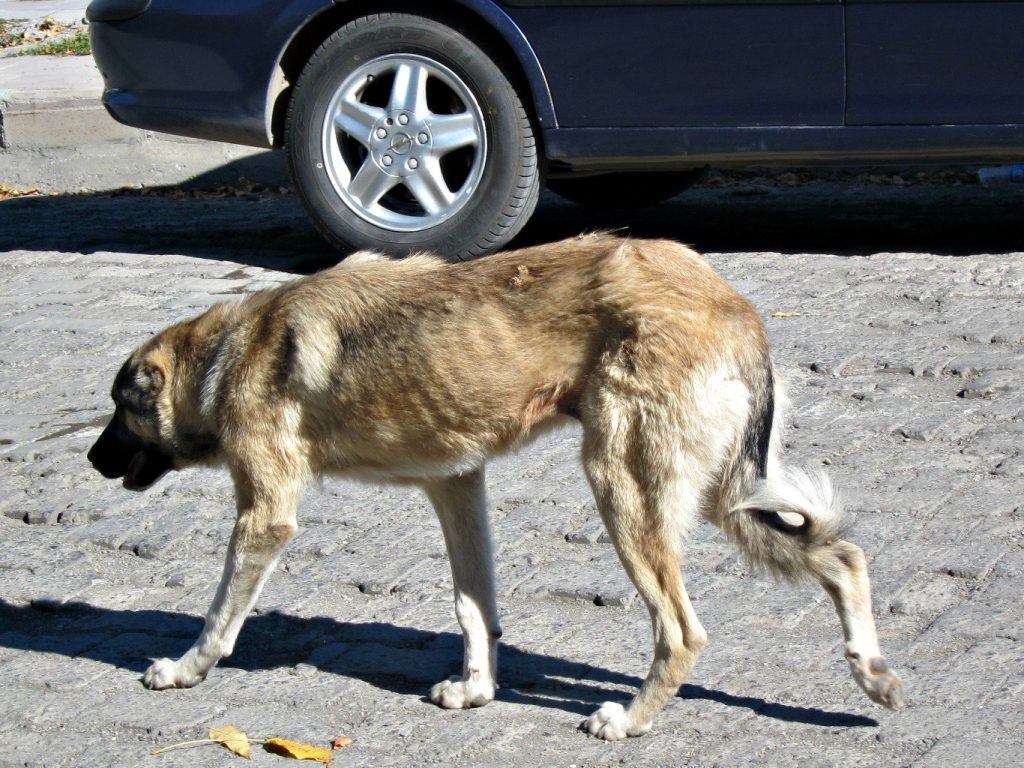
Suitability for a Multi-Pet Family
Kars are known to be quite sociable creatures and tend to get along well with other pets. They are often seen playing and interacting with cats, rabbits, and even birds. Kars are generally very friendly and enjoy the company of other animals, making them a great addition to any household with multiple pets. However, as with any animal, it is important to introduce them to new pets slowly and carefully to ensure a smooth transition.
Housing Requirements
Kars require a living space that is well-ventilated and spacious enough to accommodate their active nature. They need a comfortable and warm sleeping area that is free from drafts and dampness. The sleeping area should be lined with soft bedding to provide them with a cozy and comfortable place to rest. Kars also require access to a secure outdoor area where they can exercise and play. The outdoor area should be fenced to prevent them from wandering off and getting lost. It should also be free from hazards such as sharp objects and toxic plants.
Kars require a balanced and nutritious diet that is appropriate for their age, size, and activity level. They need access to fresh water at all times to prevent dehydration. Kars are prone to dental problems, so their diet should include foods that promote good dental health. They also require regular grooming to maintain their coat and skin health. This includes brushing their coat regularly to prevent matting and tangles, as well as trimming their nails and cleaning their ears. Kars are social animals and require regular interaction with their owners to prevent boredom and loneliness. They thrive in a loving and caring environment where they receive plenty of attention and affection.
Summary
Kars have been known to make good pets for those who are willing to put in the time and effort to properly train and care for them. They require regular exercise and mental stimulation, and can be quite independent and stubborn at times. However, with patience and consistency, they can be loyal and affectionate companions. It is important to note that owning any pet is a serious responsibility and should not be taken lightly.
Kars Dog FAQS
Kars can be stubborn and independent, but with consistent training and positive reinforcement, they can be trained well.
Kars can be good with children if they are socialized properly from a young age.
Kars are generally healthy but can be prone to hip dysplasia and eye problems.
Yes, Kars are known for their protective nature and make excellent guard dogs.
Yes, Kars require a lot of exercise and daily walks to stay healthy and happy.
Yes, Kars shed a lot especially during the shedding season.
A Kars can grow up to 70-80 centimeters in height.
The average weight of a Kars is around 25-30 kilograms.
The lifespan of a Kars is around 10-12 years.
A balanced diet of high-quality dog food and occasional treats is recommended for Kars.
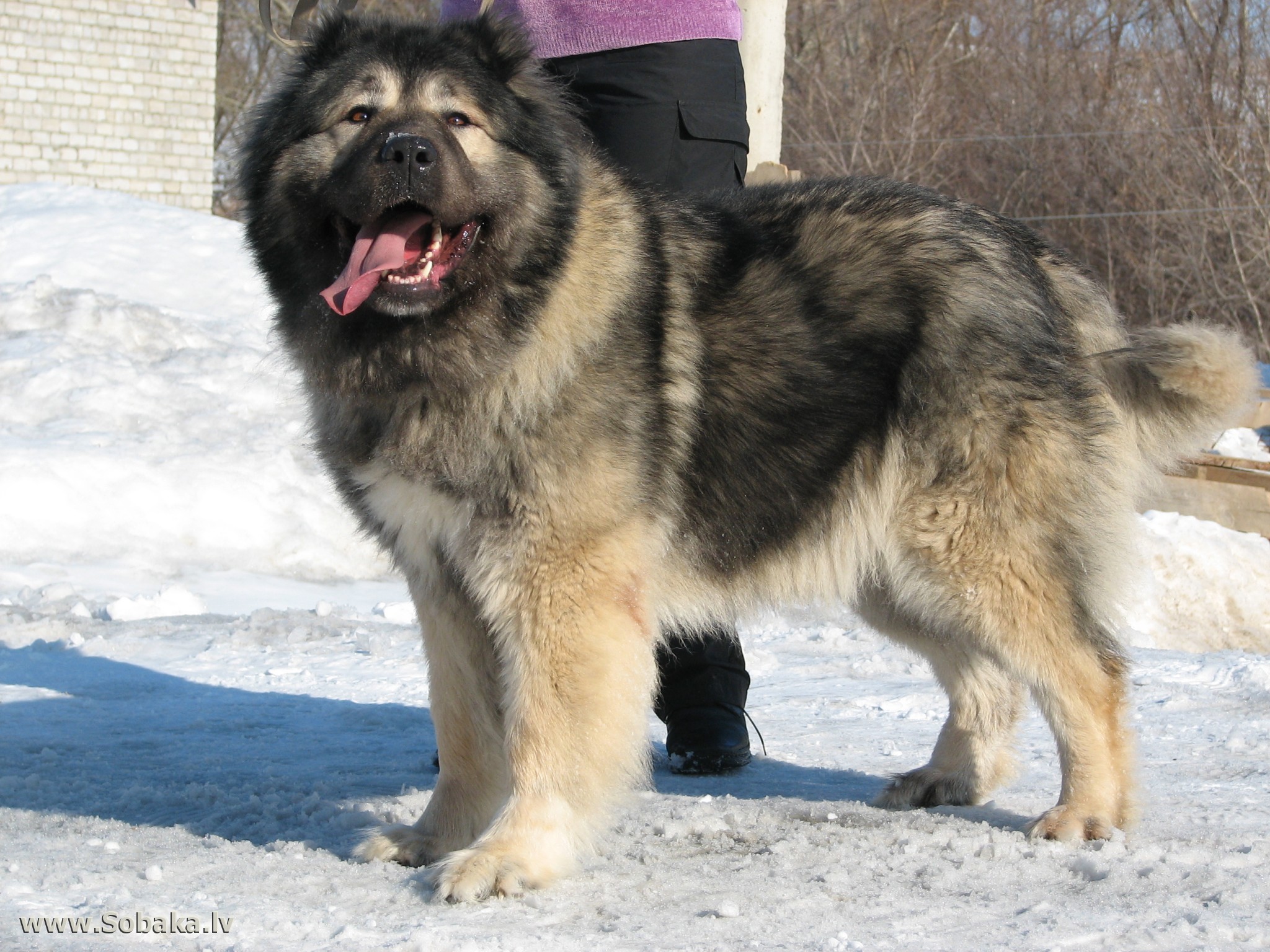
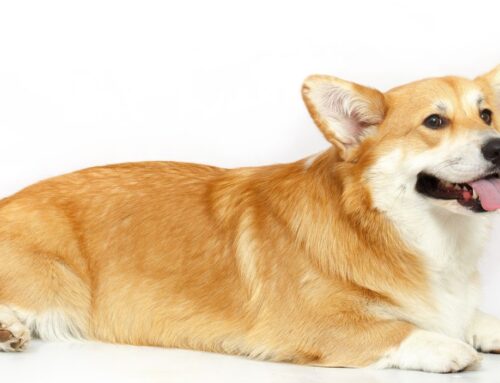
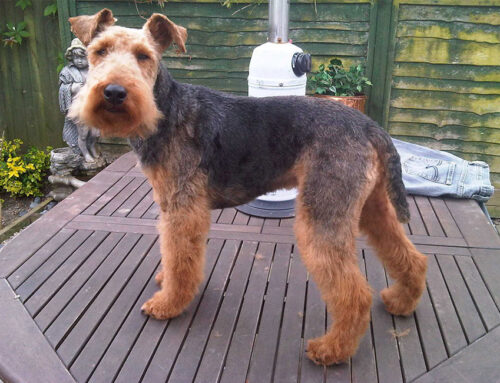
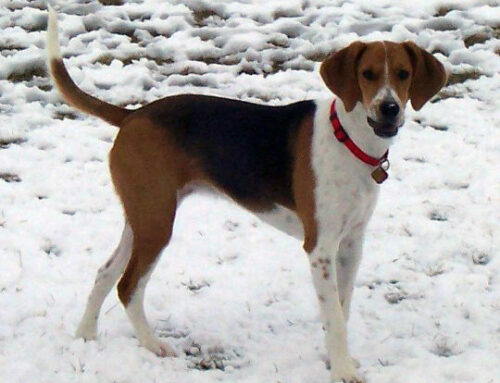
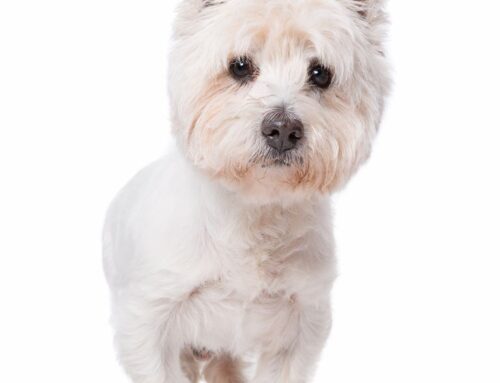
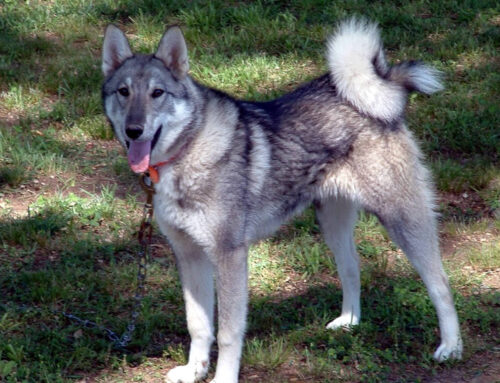
Leave A Comment